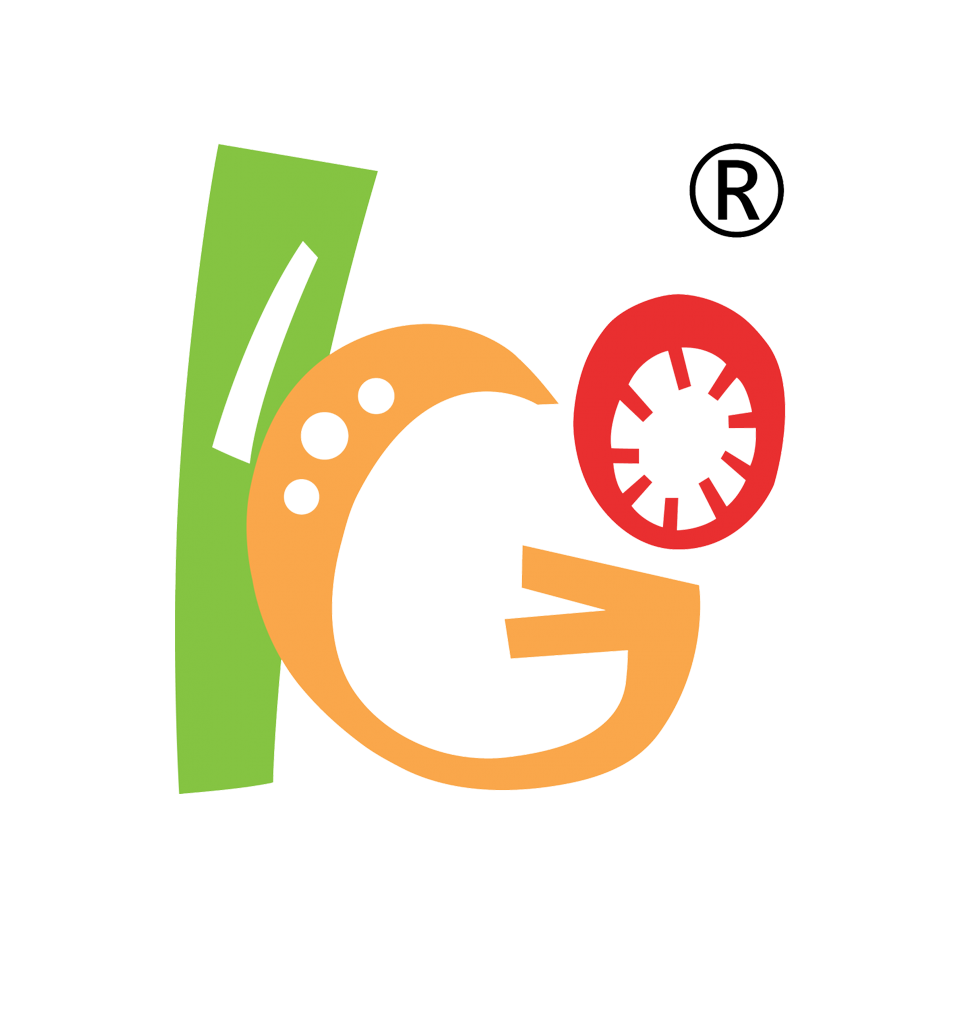

Faq
A: Pls kindly advise what your product is and what kind of fabrics you are looking for. It will be much better if you could provide the swatches of current fabrics you are using. Our technicians will analyze them and work out a feasible solution for you. Meanwhile, pls kindly be noted that you have to become a SEAQUAL licensee before placing any order for SEAQUAL fabric.
A: SEAQUAL is an ingredient brand with material traceability and certification. In choosing SEAQUAL certified products, consumers know they are choosing to help end plastic pollution.
A: SEAQUAL® YARN contains approximately 10% Upcycled Marine Plastic and 90% post-consumer plastic from land sources. Upcycled Marine Plastic is made from marine litter retrieved from our oceans, beaches, rivers and estuaries.
A: This composition allows us to upcycle as much of the waste recovered from the ocean as possible whilst offering a premium fiber which can replace virgin polyester in any application. At higher percentages we would need to be more selective of the marine waste we use resulting in less of the recovered marine waste being upcycled and instead being sent to landfill or incineration.
A: Yes, some textiles can be manufactured with 100% SEAQUAL YARN, but some cannot. It depends on what kind of textile you need. On the other hand, it will become more expensive if in 100% SEAQUAL YARN.
A: It depends on what type of yarn and what percent used for the fabric. But as being produced in Spain, SEAQUAL YARN is expensive and the EXW prices are EUR8.00-12.00 per kilogram.
A: Yes, but it depends. Normally the MOQ for fabric is 2,000 yards in one or two colors.
A: All TEXTILES must contain a minimum of 20% of SEAQUAL® YARN, except in denim where the minimum requirement is 15% and AUTOMOTIVE TEXTILES where the minimum requirement is 40%. NON-WOVEN TEXTILES must contain a minimum of 40% SEAQUAL® FIBER. When SEAQUAL YARN is a blend comprised of SEAQUAL® FIBER and another fiber (i.e., organic cotton) only the SEAQUAL® FIBER will be counted when calculating the percentage. SEAQUAL recommend fabric compositions of 100% SEAQUAL® YARN or the highest percentage technically possible. Coatings, scrims, and non-textile laminates are not included when calculating the percentage by weight.
A: SEAQUAL YARN is currently available as 100% recycled polyester. SEAQUAL is planning to offer yarns in other polymer types soon.
A: SEAQUAL YARN in continuous filament is available in DTY (Draw Textured Yarn) & ATY (Air Textured Yarn or 'Taslan'). SEAQUAL YARN in staple fiber is commonly available in 50Nm-12Nm or in a variety of staple fiber blends.
A: Yes, SEAQUAL YARN is recyclable.
A: We will provide SEAQUAL Textile Certification Number of our product. The Certification Number is unique and anthenticated by SEAQUAL lab. Or you could send a piece of the textile to SEAQUAL lab for testing to approve.
A: Within one week for stocked textiles, and within 90days for customed ones.
A: Regularly we import SEAQUAL YARN from Spain into China.
A: Yes, but you should apply for it. All retail products made with SEAQUAL YARN are also required to contain a minimum of 20% SEAQUAL YARN. If the retail product contains non-textile materials, 20% of the textile portion must be SEAQUAL YARN.
A: In fact, they are completely two different things. OBP is plastic that is collected up to 50 kilometers from the coast, that has never been in the water but is considered at risk of entering the ocean (and is collected in very large quantities often from highly populated areas where waste management is insufficient or non-existent). Plastic marine litter, as per the official definition of SEAQUAL INITIATIVE, is "Plastic waste that has been lost or discarded in the marine environment and is found on beaches and coastlines, on the ocean floor and surface, in or beside rivers and estuaries, in flood zones and coastal wetlands". As you can see, Plastic Marine Litter and OBP are very different, but both help to keep our oceans cleaner.

